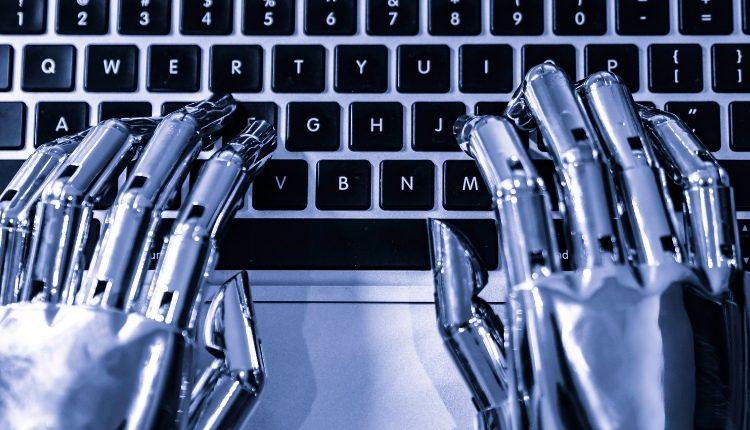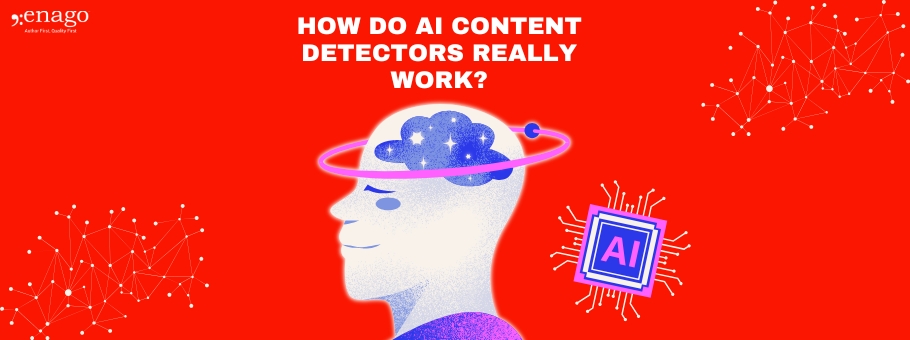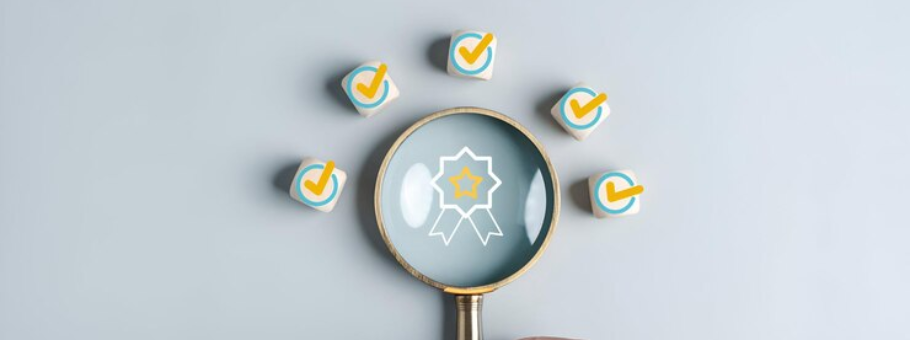Deciphering the Ownership Conundrum: Who owns the ChatGPT-generated scholarly work?

Attributing authorship to ChatGPT in research papers is probably the most ridiculous thing to ever do. Who are you going to hold responsible for the false information you came across while revieiwing literature? A Chatbot?
Is ChatGPT even aware of the integrity, accountability, and ethical standards of academic writing?
Not to our suprise, ChatGPT has reportedly assisted researchers in manuscript writing and preparation.
Researchers may be relying on ChatGPT; some for writing their manuscript and others for editing it. But here’s the catch: when we use this digital assistance, who gets to take credit for the words they spew out? Is it us, the human writers, or the machines we’ve unleashed upon the world?
The debate surrounding who should be responsible for the content written with AI assistance centers around whether they are capable of the quality, accountability, and unbiased approach in writing. While academia was still investigating how AI tools could be used, Nature recently announced that ChatGPT was named as a co-author in four academic papers, marking its formal debut in the scientific publication sphere.
Although AI tools like ChatGPT and Large Language Models are increasingly being used in research papers, COPE: Committee on Publication Ethics, along with other organizations like WAME (World Association of Medical Editors) and the JAMA (Journal of the American Medical Association) Network, emphasize that AI tools should not be recognized as authors of an article. As scientists raise concerns, journal editors, researchers, and publishers are disputing the use of such AI tools in the published literature, as well as whether it is appropriate to cite the bot as an author. But who must own the word, after all? Let’s delve deeper into this debate and get pragmatic reasoning for this dilemma.
Importance of Writing With Responsibility in the Scholarly World — Is ChatGPT accountable?
In the scholarly world, writing with responsibility means being a steward of knowledge and a champion of truth. One must ensure that the ideas are well-researched, -supported, and -articulated. This means acknowledging the contributions of others and giving credit where it is due. Most importantly, it means recognizing the limitations of your own knowledge and being open to criticism and feedback.
However, writing with responsibility isn’t just about avoiding plagiarism or following citation guidelines (although those are certainly important). It’s about recognizing the impact that your words can have on others and using that impact for good.
With this AI overlord intervention, the world is barely using any words of its own. Because, who needs the hassle of human creativity and critical thinking when you have a chatbot that can churn out a perfectly structured essay in seconds, even if it costs you your hard-earned reputation in academia?
Well, but when you are held up for submitting a plagiarized paper, misrepresenting your data (how much can an AI decode, anyway?), or turning fiction into facts, don’t watch out for any AI tools, especially ChatGPT to come and rescue you. You, as an author will always be held responsible for everything that is published in your name, with or without AI assistance. So, while you may think that gone are the days of staying up late, struggling to finish that paper on time, you just can’t sit back and let a machine do it for you.
Copyright Laws and Their Implications on ChatGPT-generated Research Work Ownership
The World Intellectual Property Organization (WIPO) has highlighted the importance of ensuring that intellectual property laws and policies remain relevant and adaptable to new technological developments, including AI. They have also emphasized the need for collaboration between different stakeholders, including policymakers, industry experts, and academics, to develop a comprehensive approach to AI and intellectual property.
However, who exactly owns the copyright of AI-generated content? With around 4 papers recently mentioning ChatGPT as an author on their paper, as reported by Nature, COPE released a statement that an AI tool cannot be deemed as an author of a research paper; however, you can acknowledge the contributions made by it in different sections.
Attributing and Avoiding Plagiarism for ChatGPT-Generated Content
Just like with any other source of information, it’s important to properly attribute any ChatGPT-generated content used in academic writing. But what about cases where the AI has generated entirely original content? In these cases, it’s important to check for unintentional plagiarism by ensuring the content is truly original and not too similar to other works.
The Role of Human Writers in Taking Responsibility for ChatGPT-generated Academic Content
You, as a writer have the power to inform, inspire, and influence readers. In the age of social media and instant gratification, it’s more important than ever for human writers to take ownership of their words. Here’s when, where, and how should human writers take responsibility for ChatGPT-generated academic content:
- Research: The first step in taking responsibility for your content is to do your research. This means fact-checking your sources and ensuring that your information is accurate. Don’t rely on rumors or hearsay, and always dig deeper and accept constructive criticism.
- Opinions: As an author, you have the right to express your opinions. But with that right comes the responsibility to back up your claims. Be clear about what you’re saying, and provide evidence to support your arguments. Don’t rely on emotional appeals or personal anecdotes to make your case, let alone on an AI tool!
- Context: Another important aspect of taking responsibility for your content is considering the context in which it will be read. Be mindful of your audience, and avoid using language or imagery that could be offensive or insensitive. Think about the impact your words will have, and strive to make a positive contribution.
- Accountability: Finally, as human writers, you must take accountability for your words. So, own up to mistakes and correct them promptly. If you make a factual error or inadvertently offend someone, apologize and make amends because the AI is never doing that.
The Final Word!
ChatGPT is not infallible, and errors can and do occur. Additionally, ChatGPT-generated content can lack the nuance and creativity of human writing, leading to bland or uninspired content.
Most importantly, the biggest concern with ChatGPT-generated academic content is the question of responsibility. If ChatGPT or any other AI tool generates content that is inaccurate, offensive, or otherwise problematic, who’s to blame? Some argue that the responsibility falls on the creators of the AI technology, while others suggest that the writer who used the tool is ultimately responsible for the content they produce. Ultimately, it’s up to individual writers and organizations to decide how they want to approach the use of ChatGPT-generated content. One possible solution is to establish clear guidelines and policies for the use of AI tools and chatbots like ChatGPT. Another solution is to combine ChatGPT-generated content with human writing and editing, in order to strike a balance between efficiency, quality, and of course responsibility!








